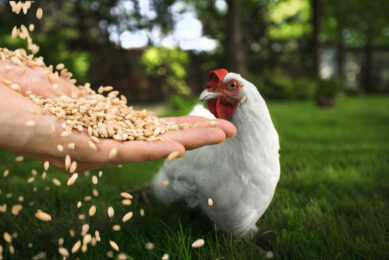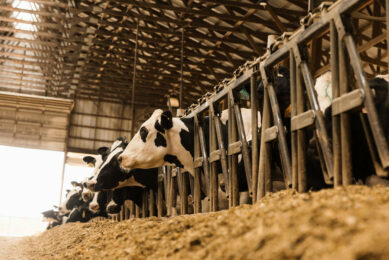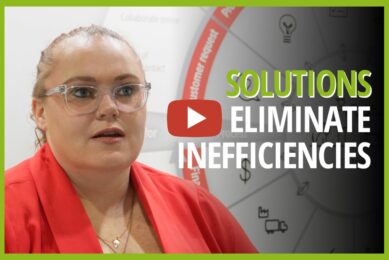Nigeria: New feed technology unveiled

Nigerian aquaculture company Dickem Aquatech has unveiled a technology that could drastically reduce the current price of fish in the country by 54%.
The company stated that the new technology would provide an affordable solution to the challenge of depending on high cost imported fish feed. It was possible and cheaper to locally produce floating fish feed, and countering the claims by foreign producers that floating fish feed cannot be reproduced in Nigeria, Dickem stressed.
The Managing Director of Dickem Farm and Aquaculture Feedmill, Godwin Emakenemi, disclosed this while showing journalists and bank officials around the 50-acres, 350,000 fish capacity farm and feedmill facility in Lagos. Emakenemi pointed out that problems associated with obtaining quality fish meal accounted for 80% of the total challenges faced by fish farmers in the country.
“We have the desire to bring down the cost of feeds and eventually bring down the price of fish in the markets, we have successfully developed new concepts and innovations in aquaculture; our aim is to make this available to other fish farmers so that they too can enjoy the benefits.” he said.
The new cost efficient technology consists of a hammer mill, mixer, extruder and dryer with a production capacity of 150kg or 10 bags per hour, which is simple to operate. It is suitable for small and medium entrepreneurs and has been designed with them in mind, said Emakenemi.
“Other feed mills in the country are set up with similar feed producing mills at the minimum cost of N200 million; we have been able to design ours mill in such a way that every farm can have its own at minimum cost and space,” he said.
The Director backed his claim of having perfected the floating fish protein meal technology with a demonstration and stated that the feed produced by Dickem will float for over eight hours.
He also pointed out that by World Health Organisation’s (WHO) standards Nigeria has a protein need of 2.66 million metric tonnes but the country is short by 1.9 million metric tonnes.
The government officials from all levels where called to assist farmers in the area in aiding them to acquire the new technology, this would in turn boost local capacity in the sector so farmers can meet their demands and positively create more employment.











